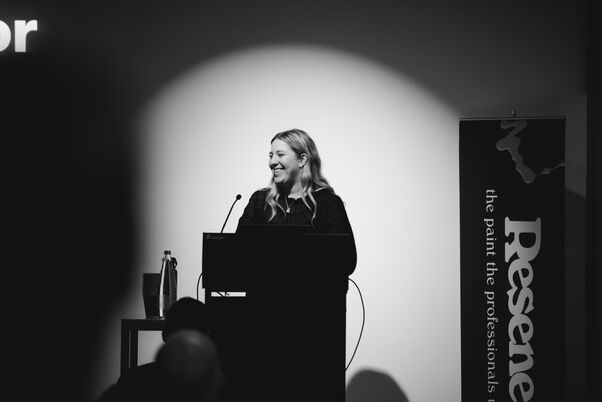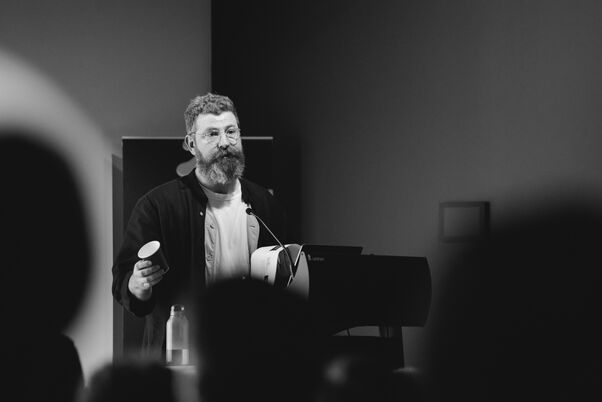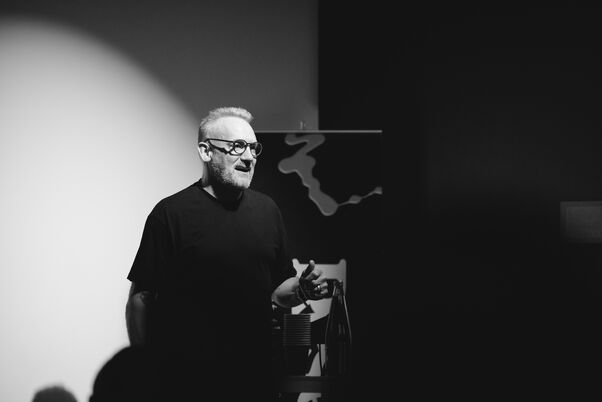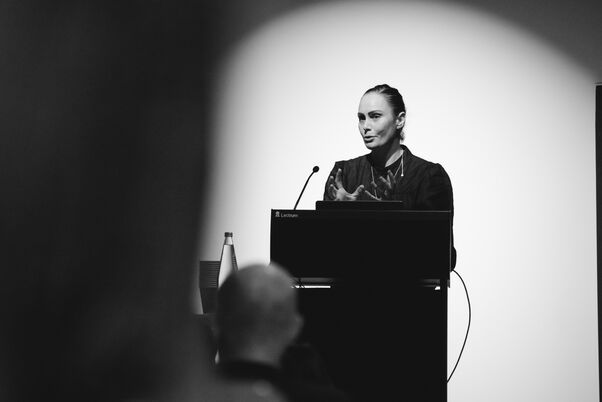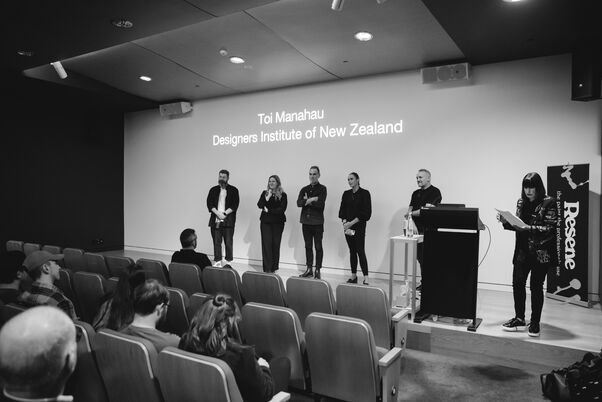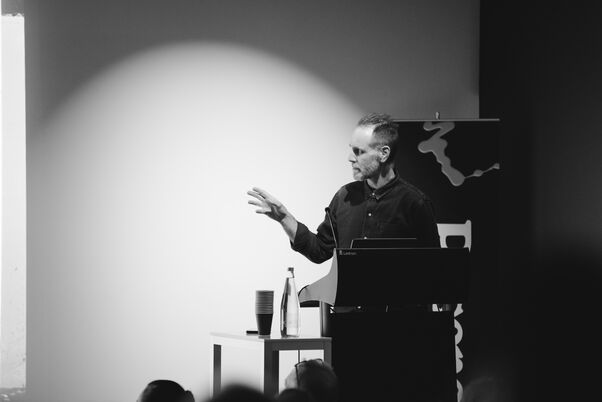City
Auckland
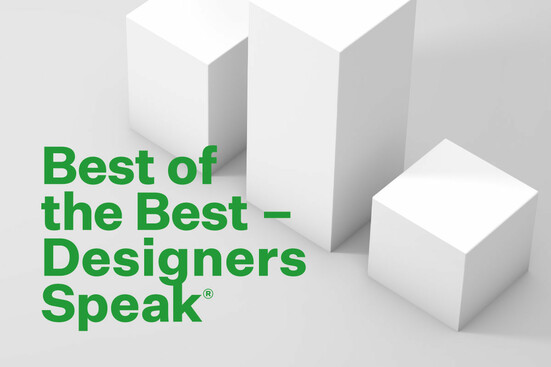
The Best Design Awards are a major feature of the local design calendar and some of last year's winners are touring the country to offer first-hand insights into their projects.
This event is brought to you by Resene
Chris Bisman
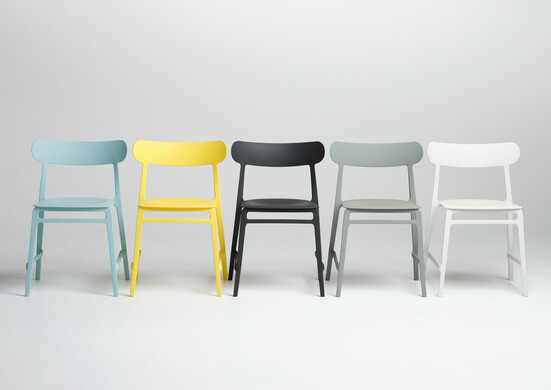
Lightly
Lightly is a beautiful, comfortable chair designed to enrich our increasingly multifunctional spaces. Lightly is super lightweight making it a joy to move from activity to activity and space to space. Light weight and efficient stacking mean These chairs can be easily stored, ready for its next outing.
Lightly uses the minimal amount of material to deliver an incredibly strong and durable chair with the lightest touch on the environment, being made from both renewably sourced and recycled material.
Phil Walters DINZ
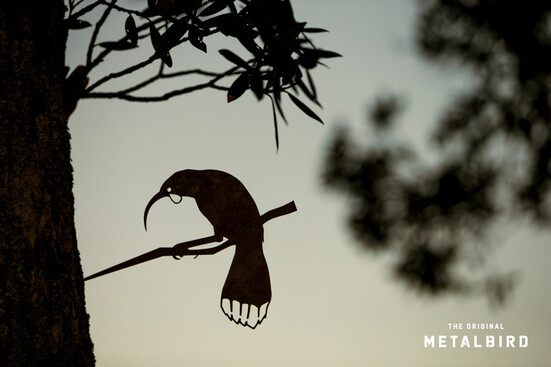
METALBIRD/MOA HOLDINGS
Design thinking has shaped Metalbird structurally and philosophically, from their origins as a recreational art project, to their present status as a successful global enterprise. Though the statistics around start-up failure are super high, they have used their industrial ‘design thinking’ heritage and worked everything through from the distribution design, product design, right on to the evolution of the business model. It's all designed to solve problems in new and innovative ways that are creating real commercial outcomes and driving a significant business that still manages to retain the craft and character of a much smaller craft business run out of a garage.
Arron Judson, Oliver Sealy
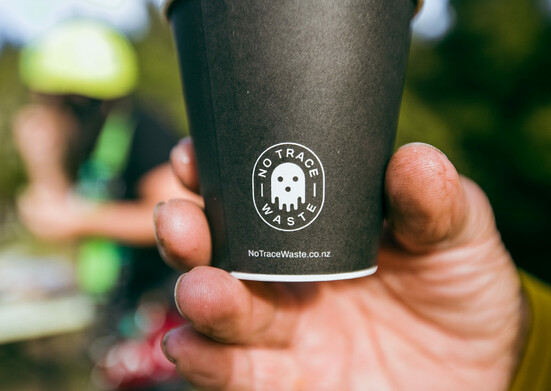
Ghost Cup
As the world continues to hurtle toward ecological disaster, consumers are taking stock of the waste they make and demanding less single-use plastics. A prime example of this is the 300 million disposable coffee cups used in New Zealand each year. Until recently, all of these cups have contained a plastic lining making them difficult to compost and impossible to recycle. As a result, it is estimated that 97.5 percent of coffee cups in New Zealand end up in landfills, or worse, as litter releasing microplastics into our environment.
No Trace Waste is packaging designed to disappear. We are pioneering truly home compostable solutions that use a waterbased dispersion coating. They look, feel and act just like a regular disposable cup but will break down naturally in almost any environment.
Arnya Karaitiana DINZ
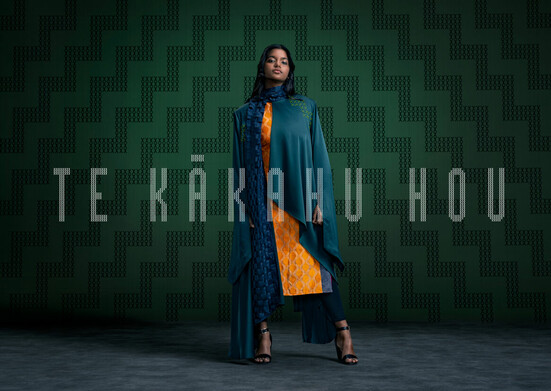
Te Kākahu Hou
The graduation gown currently worn in New Zealand, and all over the world, is a symbol of education bound in history and tradition that dates back to over 900 years ago. The education world has evolved a lot since then – but what we wear to celebrate our educational achievements hasn’t caught up.
In a world first, Education New Zealand Manapou ki te Ao has brought tradition, innovation, and indigenous culture together to create Te Kākahu Hou – a new graduation gown.
Through a collaborative kaupapa between a design team lead by Kiri Nathan, members of our education community, and students from Whitecliffe School of Fashion & Sustainability, Te Kākahu Hou is a symbol of what sets the New Zealand education experience apart from every other education offering in the world.
Massey University College of Creative Arts
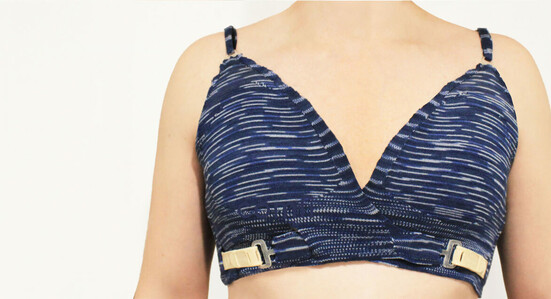
Comfi – A Postoperative Bra for Breast Cancer Rehabilitation
Comfi is a postoperative bra designed to offer improved aftercare by prioritising comfort and a positive experience. Comfi reduces unnecessary trauma by accommodating each breast separately, with adjustable compression inserts targeted only to required areas.
In 2016, my godmother had a breast cancer procedure. The area she found most challenging to deal with throughout her entire breast cancer journey was recovery. In particular, wearing her “ugly and uncomfortable” postoperative bra for a year after her procedure made her feel “terrible”.
Although one in nine women have breast cancer removal procedures, current rehabilitation products remain overlooked and outdated, with designs that aren’t adaptable to patients’ changing needs and unable to help them manage the long-term side effects of their treatment. This design aims to improve quality of life and promote positive health outcomes.
